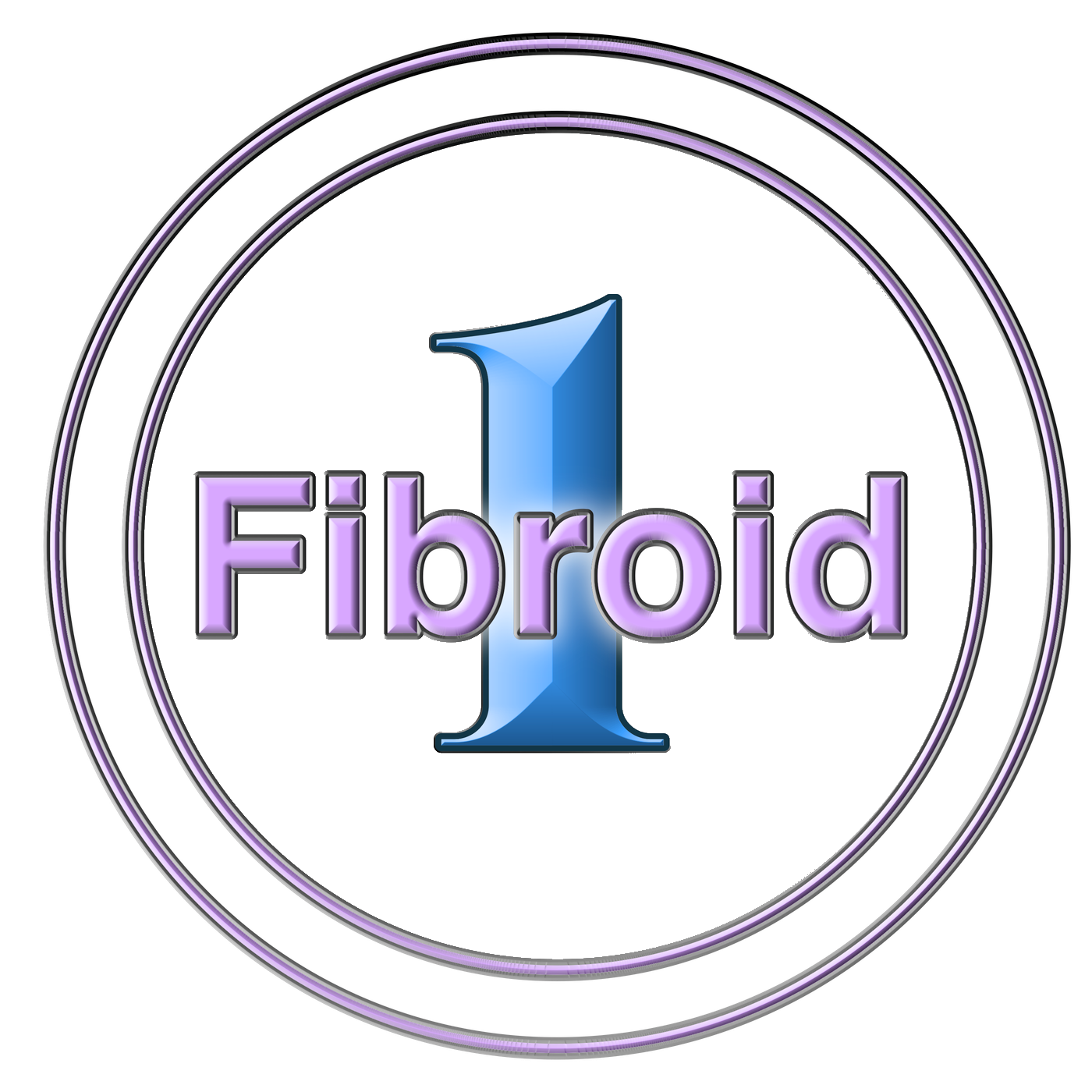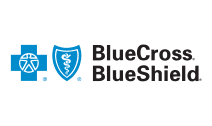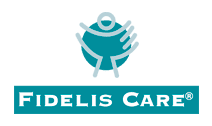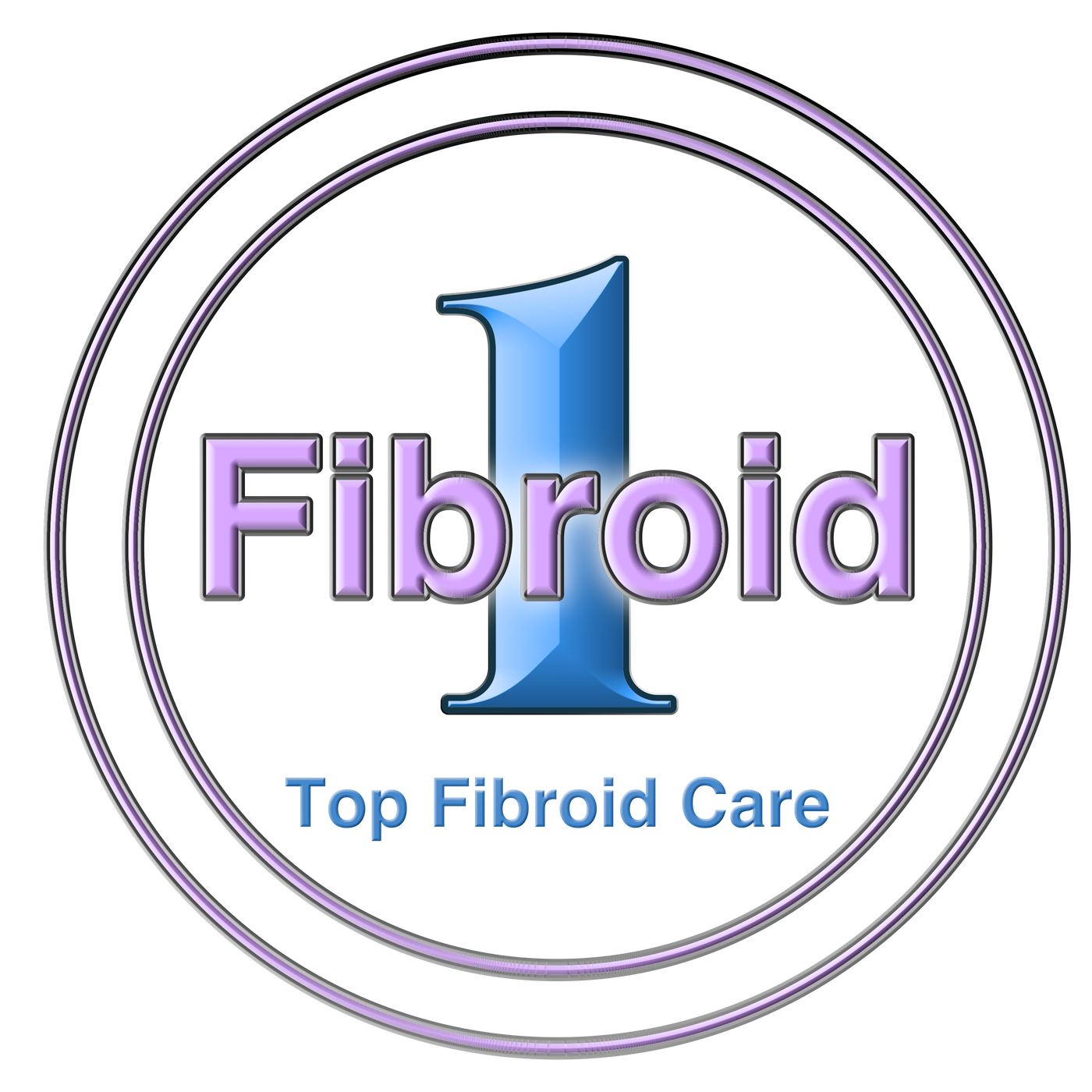If you are coping with fibroid pain, you may want to know about the best and worst foods for fibroids. Read on to learn about the benefits of a fibroid diet in this guide brought to you by 1Fibroid in New York.
What Is A Fibroid Diet?
Uterine fibroids, a type of benign (non-cancerous) tumor, is the most common tumor that affects the female reproductive system. For some women, these benign growths have no symptoms and do not interrupt their lives at all. In other women, uterine fibroids may be the cause of heavy periods, pelvic pressure or pain, frequent urination, backaches, or leg pain.
To relieve these symptoms, experts recommend a fibroid diet. A fibroid diet is a diet full of anti-inflammatory and easy-to-digest foods that can potentially relieve fibroid symptoms and possibly even shrink fibroids. It is also possible for a fibroid diet to reduce the risk of fibroids in women who do not have the medical condition.
What Are Foods To Eat If I Have Fibroids?
- Fiber-rich foods can help with weight loss, balancing hormones, and maintaining regular blood sugar levels. Foods can include oats, barley, lentils, beans, cooked and raw fruits and vegetables, and whole-grain bread and pasta. Cruciferous vegetables are also fiber-dense, such as broccoli, cauliflower, kale, Brussel sprouts, bok choy, cabbage, garden cress, and mustard plant.
- Foods high in potassium can help counter the effect of salt and balance blood pressure. Foods can include avocado, potatoes, tomatoes, collard greens, bananas, citrus, cantaloupe, dates, and oat bran.
- Dairy products such as yogurt and cheese. The minerals found in dairy products, such as calcium, phosphorus, and magnesium can potentially prevent fibroids or slow their growth.
What Are Foods To Avoid If I Have Fibroids?
- Cut down on red meat when you can and choose fish instead.
- Sugars and carbohydrates. Avoid products with added sugars or white bread and pasta. Cut down on soda, sugary drinks, potato chips, crackers, and prepackaged energy or protein bars.
- Foods that increase estrogen levels, such as red meat with added hormones, tofu, flax seed, soy milk, and soybeans.
What Other Lifestyle Choices I Can Implement?
- Get more vitamin D. Getting enough vitamin D can reduce someone’s risk of fibroids by approximately 30%. If you live in a colder climate or are unable to get enough sunshine, consider bolstering your diet with vitamin D-rich foods such as egg yolks, salmon, tuna, mackerel, and cod liver oil.
- Quit smoking and drinking alcohol. These vices can potentially increase the risk of fibroids.
- Lower your blood pressure. When cooking, avoid adding salt and use herbs and spices for flavoring instead. When shopping, stay away from processed and packaged foods with high sodium content.
When Should I Seek An Expert?
While implementing a fibroid diet to reduce fibroid symptoms has been a beneficial and empowering choice for a number of women, every woman is different. In some women, fibroids shrink on their own. Some women may enjoy fewer symptoms from eating healthier and cutting back on alcohol and smoking cigarettes. Other women may find that they would like to ask about treatment methods to ease their symptoms from uterine fibroids and take control of their life again.
If you are living with uterine fibroids and curious about your nonsurgical alternatives to fibroid treatment, consider 1Fibroid. 1Fibroid is based in New York, with locations in both Manhattan and Queens. We are committed to women’s care and offer non-invasive options such as medication, hormone therapy, and UFE procedures. If you’re ready to live life without the symptoms of fibroids, call us today at 212-991-9991.












